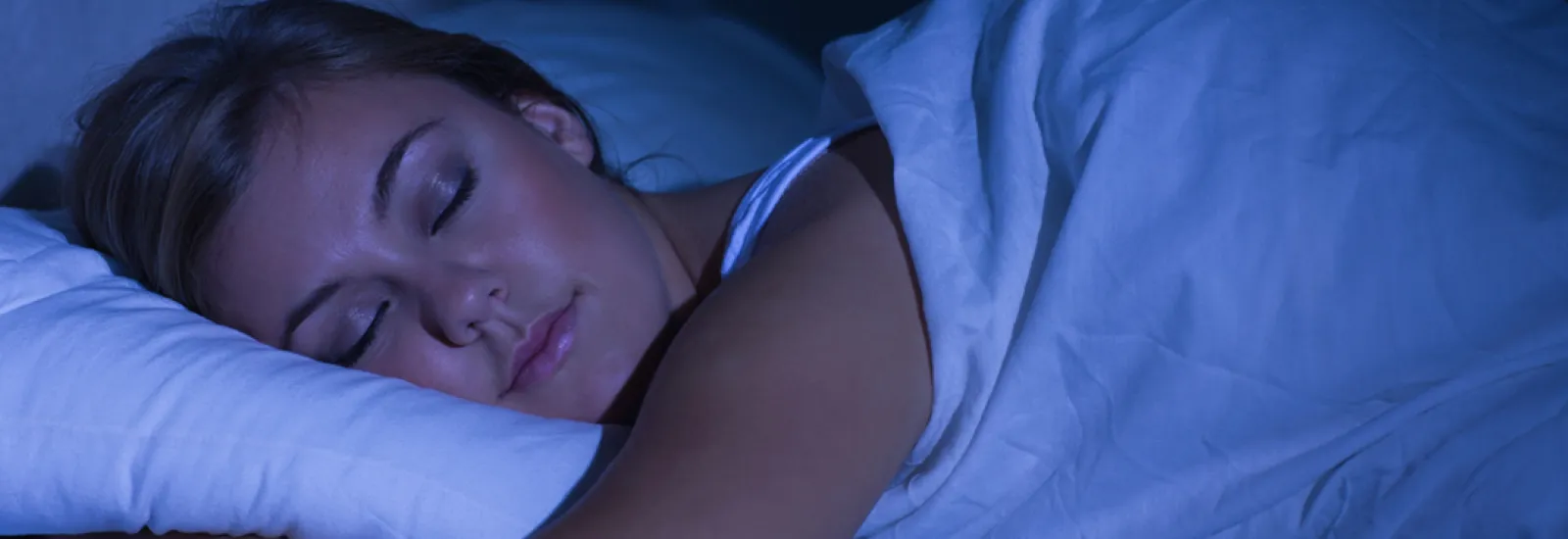
Sleep apnea: 7 things that can make it worse
Obstructive sleep apnea, also called OSA, is a disorder in which a person may stop breathing several times while they are sleeping. The condition is a serious health problem that affects people of all ages, including children. If you suspect that you have sleep apnea, your doctor may send you to a sleep specialist who will conduct a sleep study to determine if you have OSA. This is the typical approach that your health care provider uses to confirm a diagnosis of apnea.
It is also helpful to understand that lifestyle habits and health conditions can worsen apnea. Some of these health habits are factors that you can control, so it's important to find out what can make sleep apnea worse.
1. Obesity: Being obese can also worsen sleep apnea, so it is important to manage your weight if you are significantly overweight. Extra weight can result in excess tissues in and around your airway, which negatively impacts your airway as your body relaxes at night. What's more, sleep apnea can actually lead to weight gain. If you're struggling with weight gain, talk to your doctor about good nutrition so that you can maintain a healthy weight.
2. Alcohol: Alcohol is another type of muscle relaxant, and this can create problems for people who deal with apnea. Drinking alcohol can cause your airway to relax too much, which can lead to obstruction. If you are struggling with OSA, it is best to avoid drinking alcohol altogether.
3. Your sleep position: Your body position during sleep also impacts the severity of sleep apnea. Sleeping on your back often worsens apnea, while sleeping on your side may lesson episodes of apnea. When you are lying on your back, your tongue and soft palate tend to fall back to the throat, which can increase breathing difficulties. 
4. Menopause in women: When women reach menopause, they typically experience a decrease in the production of certain hormones. This hormone shortfall can cause a variety of physical and emotional symptoms, such as hot flashes and mood changes. In addition to shifting moods and hot flashes, some menopausal women experience breathing issues, including apnea. If you are experiencing apnea during menopause, talk with your health care provider about strategies to help you cope.
5. Prescription medication: Certain prescription medications can make your apnea worse. The main culprits are muscle relaxants and painkillers, especially opioids. Opioid medicines are a drug class that may cause respiratory suppression. Unfortunately, this can result in breathing problems when someone is trying to sleep. If you suspect your medications might be contributing to OSA, share your concerns with your doctor.
6. Other medical conditions: Other chronic health conditions can severely impact apnea, especially if you have diabetes and high blood pressure. That's why it's so critical to manage your health every day—but especially if you have apnea. Diabetes is a major risk factor and complication of OSA. Besides causing poor sleep quality and daytime sleepiness, apnea can worsen other aspects of your health, including your heart health and blood pressure.
7. The aging process: You lose muscle tone all over your body as you age. Just as other parts of your body lose muscle as you get older, so does your airway. This loss of muscle tone can cause apnea in some people. Although you cannot control the aging process, it's important to remember that you can control your lifestyle habits. Creating new, healthy habits can help you prevent chronic diseases such as obesity, high blood pressure and diabetes.
The treatment for apnea depends upon the cause and severity. For mild apnea, breathing may improve by developing better habits such as avoiding alcohol and sedatives near bedtime. Weight loss can be helpful for obese people, while changing body positions at night may also help. If you're concerned about apnea, talk to your doctor about your concerns so that you can find a treatment plan that is best for you.

